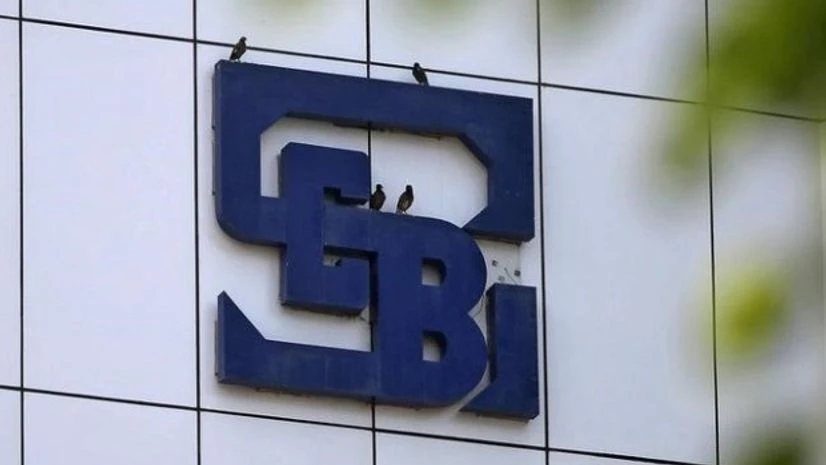Capital markets regulator Sebi has seen its total income rise by over 17% to Rs 601.67 crore in 2015-16, mainly due to increase in fees and subscription income.
As per the annual accounts of Sebi, approved by its board last week, the total revenue expenditure of the regulator also rose to Rs 374 crore in 2015-16, from about Rs 246 crore in the previous fiscal.
The establishment expenses rose considerably from Rs 158 crore to Rs 264 crore mainly on account of salary arrears, while other administrative expenses increased from Rs 59 crore to Rs 78 crore.
More From This Section
The excess income over expenditure on revenue account fell from Rs 267 crore to Rs 228 crore, while capital expenditure rose sharply from Rs 36 crore to Rs 221 crore.
The overall surplus in the fiscal 2015-16 stood at Rs 6.65 crore — better than the budget estimates of a deficit of Rs 75.16 crore for the year but sharply below a surplus of Rs 230 crore in 2014-15.
The fee income included income from annual fees or subscription at Rs 75 crore (up 18%), while listing fees contribution from stock exchanges rose to Rs 15 crore.
Besides, Sebi's income from registration, renewal and application fees also went up in the latest fiscal.
Sebi said its audited total income of Rs 601.67 crore for 2015-16 is more than the budget estimate of Rs 493.5 crore for the year.
Formed by the government in 1988, the Securities and Exchange Board of India (Sebi) was given statutory powers after passage of the Sebi Act in 1992 after the Harshad Mehta scam hit the Indian markets.
As per its preamble, Sebi is mandated to protect the interests of investors in securities as well as promote and regulate the securities markets.
It regulates business in stock exchanges and other securities markets, registers and regulates various market intermediaries including brokers, merchant bankers, registrars, portfolio managers and investment advisers, as well as foreign portfolio investors, credit rating agencies, mutual funds and venture capital funds.
Besides, Sebi is mandated to check fraudulent and unfair trade practices, insider trading and other manipulative activities.

)
